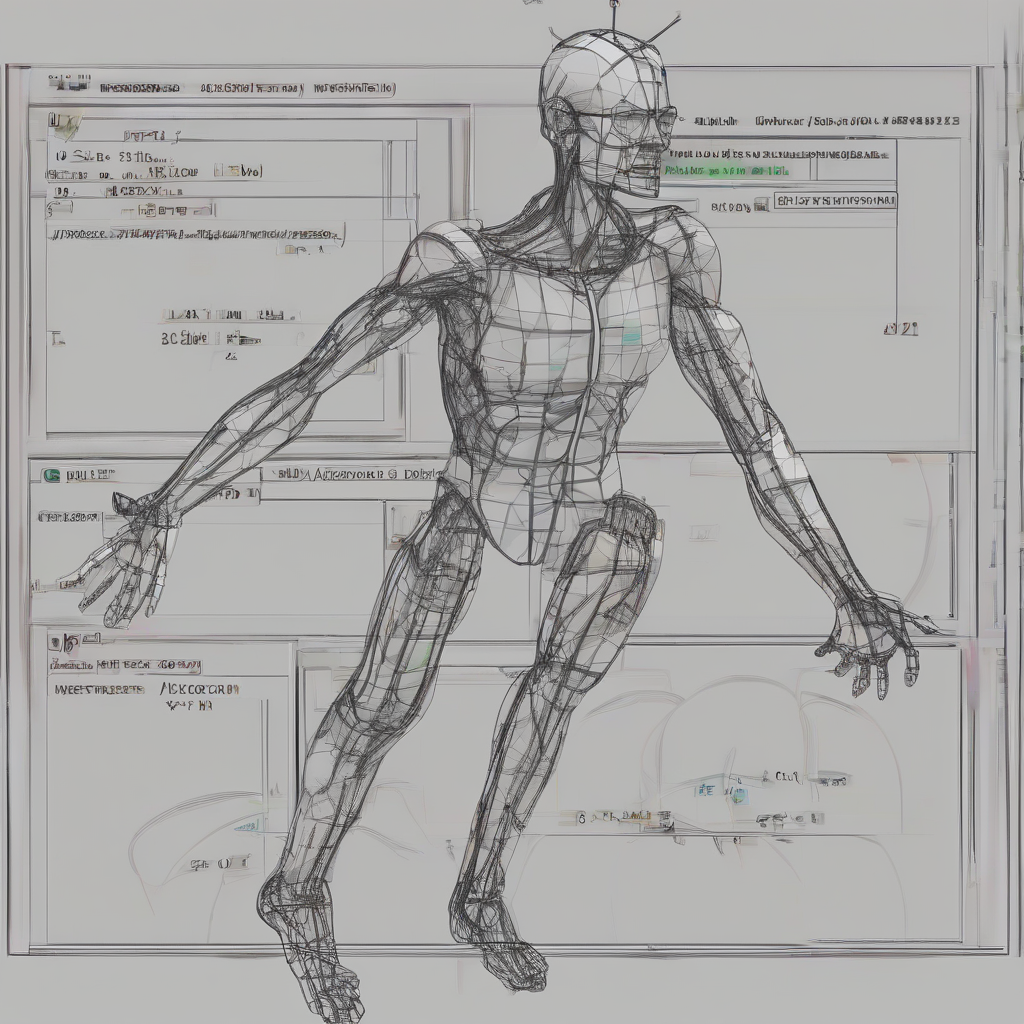
Unlocking Justice: Your Guide to Online Criminal Justice Degrees
The field of criminal justice is complex, demanding, and deeply rewarding. For those seeking a career in law enforcement, corrections, or legal support, a criminal justice degree is often a necessary stepping stone. However, traditional classroom learning isn’t always feasible. That’s where online criminal justice degrees offer a powerful alternative, providing flexibility and accessibility to aspiring professionals across the globe.
Why Choose an Online Criminal Justice Degree?
- Flexibility and Convenience: Study at your own pace, on your own schedule, from anywhere with an internet connection. This is ideal for working professionals, parents, and individuals with other commitments.
- Affordability: Online programs often have lower tuition costs than traditional programs, potentially saving you thousands of dollars.
- Accessibility: Geographic location is no longer a barrier. Students from rural areas or those with disabilities can access high-quality education without relocation.
- Technological Proficiency: Pursuing an online degree enhances your digital literacy skills, a valuable asset in today’s increasingly digital world.
- Diverse Learning Styles: Online learning caters to various learning styles, allowing students to engage with the material in ways that suit them best.
Types of Online Criminal Justice Degrees
Online criminal justice programs are available at various levels:
Associate’s Degree in Criminal Justice
This two-year degree provides a foundational understanding of the criminal justice system. It often prepares students for entry-level positions or further education.
Bachelor’s Degree in Criminal Justice
A four-year bachelor’s degree offers a more comprehensive education, exploring various aspects of law enforcement, corrections, and the legal system. It can open doors to more advanced career opportunities.
Master’s Degree in Criminal Justice
Master’s programs cater to those seeking specialized knowledge and leadership roles. Concentrations might include forensic science, criminology, or cybersecurity.
Specializations and Concentrations
- Cybersecurity and Digital Forensics: Combating cybercrime through investigation and digital evidence analysis.
- Corrections and Rehabilitation: Focusing on the management and treatment of offenders.
- Criminal Investigation: Developing skills in investigative techniques and evidence gathering.
- Victimology: Understanding the impact of crime on victims and providing support services.
- Juvenile Justice: Working with young offenders and their families.
- Law Enforcement Administration: Managing and leading law enforcement agencies.
Curriculum and Coursework
The specific curriculum varies depending on the institution and degree level, but common courses include:
- Criminal Law
- Criminal Procedure
- Corrections
- Criminology
- Victimology
- Police Administration
- Forensic Science
- Juvenile Justice
- Court Procedures
- Ethics in Criminal Justice
- Constitutional Law
- Research Methods
- Statistics
Choosing the Right Online Program
Selecting a reputable online program is crucial. Consider the following factors:
- Accreditation: Ensure the institution is accredited by a recognized accrediting agency.
- Faculty Expertise: Look for instructors with relevant experience in the field.
- Program Reputation: Research the program’s reputation among employers and alumni.
- Student Support Services: Check for availability of academic advising, tutoring, and career services.
- Technology and Resources: Assess the quality of the learning management system and other online resources.
- Career Services: Explore job placement assistance, internships, and networking opportunities.
- Cost and Financial Aid: Compare tuition fees and explore options for financial aid.
- Flexibility and Scheduling: Evaluate the program’s flexibility in terms of scheduling and pace of study.
Career Opportunities with a Criminal Justice Degree
A criminal justice degree opens doors to a wide range of career paths:
- Police Officer
- Detective
- Correctional Officer
- Probation Officer
- Paralegal
- Court Clerk
- Crime Scene Investigator
- Forensic Scientist
- Security Analyst
- Cybersecurity Specialist
- Private Investigator
- Legal Secretary
- Immigration Officer
- Homeland Security Agent
- Social Worker (focused on criminal justice)
Challenges of Online Learning
While online learning offers significant advantages, it’s important to be aware of potential challenges:
- Self-Discipline: Requires strong self-motivation and time management skills.
- Technology Dependence: Reliable internet access and computer equipment are essential.
- Lack of Face-to-Face Interaction: Can limit opportunities for in-person networking and collaboration.
- Potential for Isolation: Students need to proactively engage with instructors and classmates.
Overcoming Challenges and Maximizing Success
To overcome these challenges and succeed in an online criminal justice program:
- Create a Dedicated Study Space: Establish a quiet and organized area for studying.
- Develop a Study Schedule: Create a realistic schedule and stick to it.
- Engage Actively in Online Discussions: Participate in online forums and discussions.
- Utilize Available Support Services: Take advantage of tutoring, advising, and career services.
- Network with Fellow Students and Instructors: Build relationships with classmates and professors.
- Maintain a Healthy Work-Life Balance: Avoid burnout by incorporating relaxation and social activities into your schedule.
The Future of Online Criminal Justice Education
Online learning continues to evolve, with advancements in technology and pedagogical approaches. We can expect to see even more innovative and engaging online criminal justice programs in the future, incorporating virtual reality, simulations, and collaborative learning tools. This will further enhance the accessibility and quality of education in this vital field.


